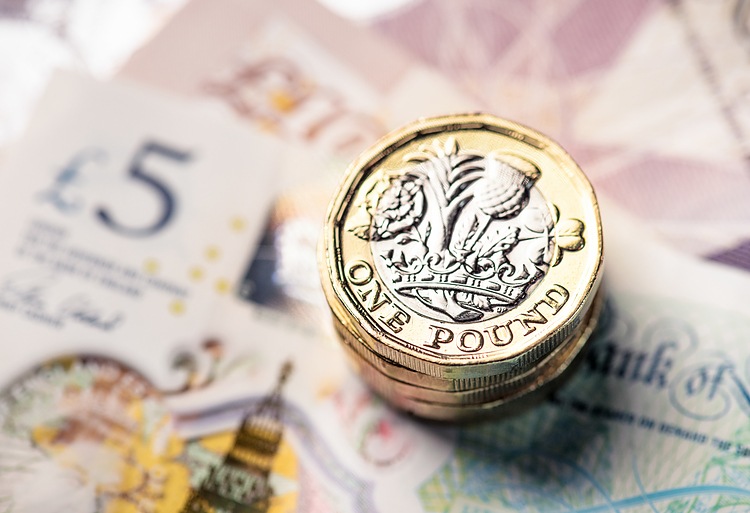GBP/JPY saw a significant decline of almost one and a half percentage points to trade in the 191.50s following the defeat of Sanae Takaichi in the Japanese ruling party’s leadership run-off. Takaichi had warned that if elected, she would restrict the Bank of Japan from raising interest rates. The Yen had initially weakened on concerns about Takaichi’s victory as she had expressed intentions to keep interest rates low to benefit exports. However, with her defeat, the Pound pulled back and the Yen strengthened across all pairs.
The Japanese Yen’s immediate reaction to Takaichi’s defeat was positive as the expectation of higher interest rates is favorable for the currency, reducing capital outflows to other currencies offering higher returns. The Yen gained further strength after Tokyo inflation data released on Friday showed an increase in the Consumer Price Index (CPI). Despite the lower CPI figure compared to the previous month, it was in line with the Bank of Japan’s forecast. BoJ Governor Kazuo Ueda had indicated that meeting the inflation targets would lead to plans for lifting interest rates.
On the other hand, the Pound Sterling remained weak after the Governor of the Bank of England (BoE) Andrew Bailey suggested a gradual decline in interest rates. Bailey’s comments indicated a downward trajectory for interest rates towards the “neutral” rate, which is the long-run equilibrium level for interest rates. The BoE had recently cut borrowing costs to 5.00%, with financial markets predicting a further decrease to 4.5% by the end of 2024 and down to 3.5% by the end of 2025.
GBP/JPY received a lift on Wednesday after BoE policymaker Megan Greene expressed a more hawkish stance on monetary policy compared to Bailey. Greene suggested a cautious and steady approach to monetary policy easing, indicating a potential higher neutral rate than previously thought. Her comments, along with the split decision in the MPC’s August meeting, where four members voted to hold rates, provided some support for the Pound Yen pair.
Overall, the defeat of Takaichi in the Japanese ruling party’s leadership race run-off had a significant impact on GBP/JPY, leading to a decline in the pair. The subsequent strengthening of the Japanese Yen following the Tokyo inflation data also contributed to the pressure on GBP/JPY. Meanwhile, uncertainties surrounding the Bank of England’s interest rate policies and the contrasting views within the MPC added to the volatility in the currency pair. Traders and investors will continue to monitor economic indicators and central bank statements to gauge the direction of GBP/JPY in the coming days.











